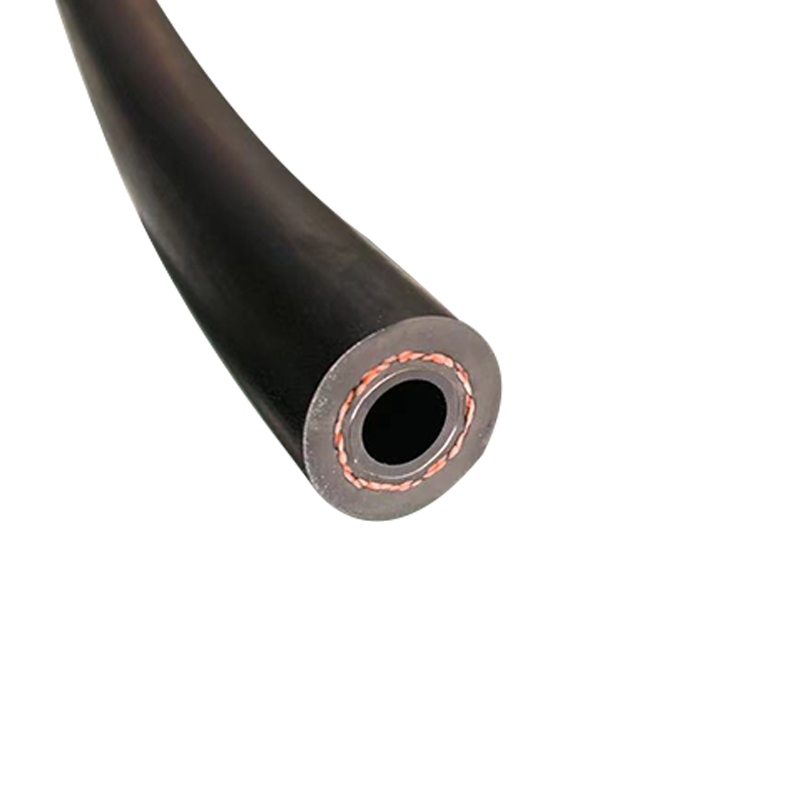Exploring the Efficiency and Performance of Diesel Rated Fuel Lines for Enhanced Engine Functionality
Авг . 11, 2024 17:26 Back to list
Exploring the Efficiency and Performance of Diesel Rated Fuel Lines for Enhanced Engine Functionality
Understanding Diesel Rated Fuel Lines Importance and Maintenance
Diesel engines are renowned for their durability and efficiency, making them the preferred choice for many heavy-duty applications, from commercial trucking to agricultural machinery. At the heart of any diesel engine's operation is the fuel system, and one of its critical components is the fuel line rated for diesel usage. Understanding diesel rated fuel lines is essential for anyone involved in diesel engine maintenance or operation, as they directly affect performance, safety, and reliability.
What Are Diesel Rated Fuel Lines?
Diesel rated fuel lines are specially designed hoses or pipes used to transport diesel fuel from the tank to the engine. These lines are engineered to withstand the unique properties of diesel fuel, which includes higher viscosity, chemical composition, and pressures compared to gasoline. Diesel fuel lines must meet specific standards and specifications to resist wear, corrosion, and potential leakage.
Typically made from materials such as reinforced rubber, thermoplastic, or metal, these fuel lines are constructed to handle the demanding conditions often present in diesel fuel systems. The rated specifications are crucial because they ensure that the fuel lines can handle the fluctuations in temperature and pressure that occur during operation.
Importance of Using Diesel Rated Fuel Lines
Using the appropriate diesel rated fuel lines is vital for several reasons
1. Safety Non-rated fuel lines can lead to leaks, which pose significant risks of fire and environmental damage. Diesel fuel, while less volatile than gasoline, can still ignite under the right conditions. Fuel leaks also lead to wastage and increased costs.
2. Performance Diesel engines require a consistent supply of fuel to operate efficiently. Ratings ensure that the fuel line can maintain the necessary flow rate and withstand the pressures involved in diesel fueling systems, ultimately affecting engine performance.
3. Durability Diesel rated fuel lines are specifically designed to last longer under the harsh conditions typical of diesel engines, including exposure to harsh chemical environments and physical stress. Using non-conforming lines can lead to premature failure and costly repairs.
diesel rated fuel line

4. Compliance Adhering to industry standards and regulations is essential for commercial operations. Using components that meet diesel fuel line specifications helps ensure compliance with safety regulations and manufacturer warranties.
Maintenance of Diesel Rated Fuel Lines
Proper maintenance of diesel rated fuel lines is crucial for sustained performance and safety. Here are some key maintenance tips
1. Regular Inspections Routinely check fuel lines for signs of wear, cracks, or leaks. Early detection can prevent catastrophic failures.
2. Clean Connections Ensure that connections are clean and free of debris to avoid clogging and ensure a tight seal.
3. Pressure Testing Regularly test the fuel lines for pressure integrity to ensure they can handle the operational demands.
4. Replacement If a fuel line shows any signs of damage or wear, it’s essential to replace it immediately with a diesel rated line to avoid risks.
5. Professional Servicing For complex systems, it’s advisable to have a professional inspect and maintain the fuel lines to ensure compliance with industry standards and optimal performance.
Conclusion
Diesel rated fuel lines are not just a minor component; they play a critical role in the overall function and safety of diesel engines. By understanding their importance and ensuring proper maintenance, operators can enhance engine performance, increase durability, and ensure safe operations. In the competitive landscape of diesel engine applications, paying attention to every detail—including fuel delivery systems—can lead to significant improvements in efficiency and reliability.
